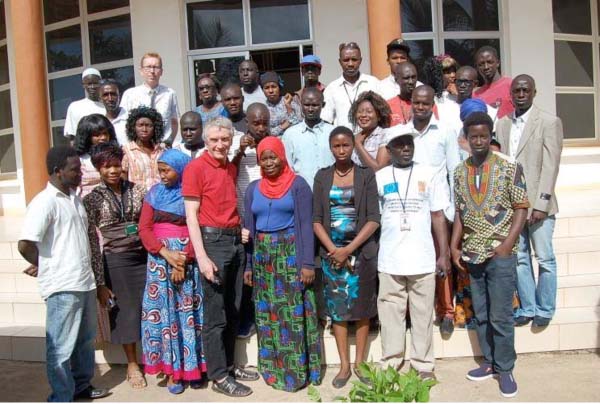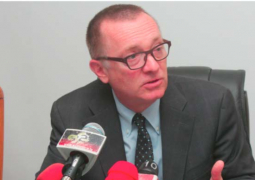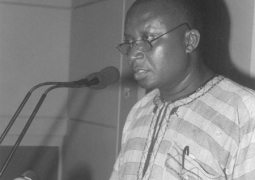
The training, which began on Monday at the National Nutrition Agency, is part of the recently launched 18-month project entitled ‘Empowering farmers by means of better agricultural journalism’.
It is being implemented by the Network of Agricultural Communicators (NAC) - The Gambia with their Danish counterparts, the Danish Food and Agriculture Journalists (DFAJ).
Those benefiting under the project will be exposed to the basics of news gathering, processing and presentation.They will also be trained on how to deal with complex news stories, ethical standards and creative production and presentation of agricultural stories.
Speaking at the opening ceremony, Lars Frederik Thalbitzer of the DFAJ told the trainees to always remember that they are very important to the people of The Gambia, especially to the farmers.
He said journalists who report on agriculture are important because they deal with an important group in the society who struggle to produce food not only for themselves but also for people in the cities.
“Out in the countryside, there are people who struggle to produce food.Food is of course important so we can eat, but food can also create an income to people. The food they produce shall feed not only themselves but also people in the cities. Therefore, the people producing food - the farmers - are very important,” he said.
Mr Thalbitzer added that there are many farmers who lack information that could help them grow the crops better, and that help them earn more money for the families.He noted that this is where the journalists are important players.
“The job of journalists is to find important information and to keep people informed. You are already doing that. That is why you are important people. But if you learn more about journalism, you can do it even better. And you will be even more important to the farmers and the communities,” he told the participants.“Those of you who make radio programmes for people in the cities, you are important because they should know about the situation in the countryside.”
Sang Mendy, country coordinator of the project, said NAC, just like DFAJ, is convinced that better agricultural journalism will help farmers to grow better crops which will in turn spur growth in the rural areas and ultimately in the urban centres.
“Your efforts will only pay dividend when farmers find out that they can improve their lives by doing better agriculture, so I challenge you all to give this training your best shot,” he told the trainees.“The journalism education you will get from this project can be used in all other fields of journalism, so the opportunity before you today, tomorrow and the day after is huge.”
Mr Mendy urged the participants to remember that better agricultural journalism will empower farmers and make them more capable of taking care of their own lives.
“This is the reason why you are all very important people and why it is important you are here and participated throughout the entire project. You are chosen not by mistake by your bosses, so don’t disappoint them. You will be the ones to struggle to find information and process it for the farmers to be successful in the coming years.So please be proud of that and work hard during the course of training period,” the project coordinator told the participants.
Read Other Articles In Article (Archive)



